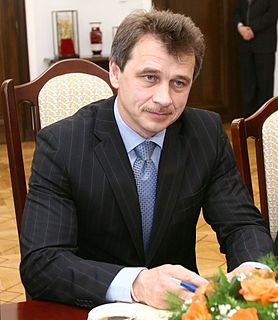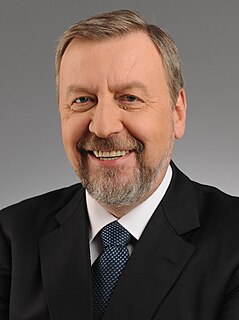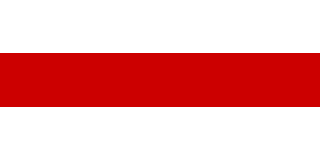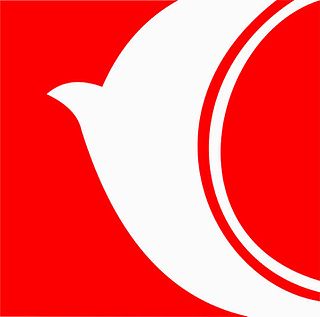| |||||||||||||||||||||||||||||||||||||||||
All 110 seats in the House of Representatives | |||||||||||||||||||||||||||||||||||||||||
| Turnout | 76.7% | ||||||||||||||||||||||||||||||||||||||||
| |||||||||||||||||||||||||||||||||||||||||
 |
|---|
| This article is part of a series on the politics and government of Belarus |
The Belarusian parliamentary election, 2008 was held in Belarus on 28 September 2008. [1] The 110 seats in the House of Representatives were at stake. [2]

Belarus, officially the Republic of Belarus, formerly known by its Russian name Byelorussia or Belorussia, is a landlocked country in Eastern Europe bordered by Russia to the northeast, Ukraine to the south, Poland to the west, and Lithuania and Latvia to the northwest. Its capital and most populous city is Minsk. Over 40% of its 207,600 square kilometres (80,200 sq mi) is forested. Its major economic sectors are service industries and manufacturing. Until the 20th century, different states at various times controlled the lands of modern-day Belarus, including the Principality of Polotsk, the Grand Duchy of Lithuania, the Polish–Lithuanian Commonwealth, and the Russian Empire.

Under the 1996 Constitution, the House of Representatives is the lower house of the parliament of Belarus.
Contents
Lidia Yermoshina, the Chairperson of the Central Election Commission, announced on 29 August that 276 candidates were registered for the election; 365 people initially sought to run, but five withdrew and candidate registration for 84 others was rejected. [2] Just prior to the election, the number of the registered candidates was reduced to 263; [3] 82 of the candidates were members of political parties, the others were non-partisans loyal to the government. They included chief executives of local authorities and medical institutions, and top managers of large enterprises. [4] The election was attempted to be monitored by 925 international and more than 17,000 local observers, [5] including an Organization for Security and Co-operation in Europe (OSCE) mission consisting of some 450 members from 43 countries. [6] Belarusian citizens abroad were able to cast their votes at 40 polling stations located in 31 countries. [7] Advance voting occurred on September 23 through September 26 and was characterized by active participation: more than 26% of registered voters cast their ballots. [8] Voter turnout was reported to be 76.7%. [9]

Lidia Mikhailovna Yermoshina is a Belarusian politician. She has been a member of the Central Election Commission of Belarus since 1992, and Chairwoman since 1996. She is under international scrutiny for purportedly rigging elections in favor of incumbent Aleksandr Lukashenko.
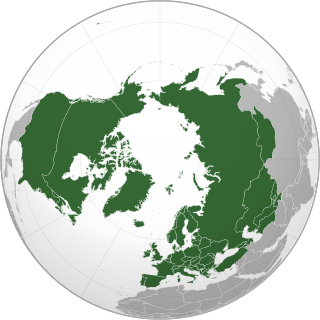
The Organization for Security and Co-operation in Europe (OSCE) is the world's largest security-oriented intergovernmental organization. Its mandate includes issues such as arms control, promotion of human rights, freedom of the press, and fair elections. It employs around 3,460 people, mostly in its field operations but also in its secretariat in Vienna, Austria and its institutions. It has its origins in the 1975 Conference on Security and Co-operation in Europe (CSCE) held in Helsinki, Finland.
According to the OSCE, the elections were undemocratic and the work of international observers was seriously hindered as the observers were refused access to the facilities where the votes were counted. [10] But according to a CIS election observation mission, the elections in Belarus conformed to international standards. [11]



